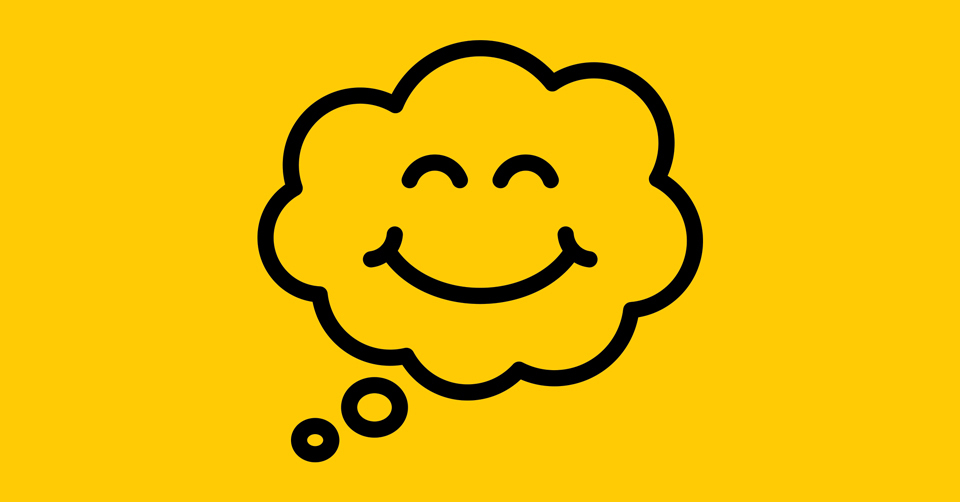Sales Support Manager, Michelle Hardy, caught up with Inclusion and Diversity Manager for Wesleyan, Naheem Ahmed, to talk being a mental health first aider and the importance of having conversations with your staff…
MH: Hi Naheem, there has been a rise in the number of mental health first aiders in the workplace over recent years. Can you explain to us what a mental health first aider is?
NA: What I always say is that firstly, a mental health first aider is someone who is trained and who staff members can go to, to have a conversation about how they’re feeling and to get things off their chest.
That is the first role of a mental health first aider, to be there to listen and then beyond that their job is to signpost the person who needs support to the right services, who can then get them some specific help with the problem they are having.
MH: How long have you being a mental health first aider for, and how have you helped people in the past?
NA: I have been doing it for around 20 years, and I first decided to become a mental health first aider when I worked in the retail industry. Everyone associates retail with shopping and nice experiences, but in retail we were seeing on average five to seven suicides a year, and that was having a big impact on everybody from members of the public, to shopping centre staff.
So, it was through that situation that I became a mental health first aider, and it fitted in well with my role as HR and training manager in the job I was in.
We helped a lot of people. The security team at one of the shopping centres was one such team that I helped on a regular basis. Without wanting to stereotype, you generally associate security with being big, burly men who don’t talk about their feelings, who are very masculine, but that is all hogwash when it comes to mental health.
It doesn’t matter who you are, no matter what you do, if you need to talk to someone you need to talk to someone, especially if you have witnessed some of the things they did. It became a really positive movement in the end, where we helped the members of staff to see counsellors who would come in and talk with them.
They were able to get things off their chest and talk about how they were feeling, and then from there the counsellors were able to sign post them to other services if they needed more support.
MH: In the past we have heard many myths regarding mental health. Can you talk me through some of them and explain why they are in fact myths?
NA: For me the biggest myth is that poor mental health is an illness. It is categorically not an illness, and it is just wrong for people to say so. Just like we wake up not feeling well with a cold, you might wake up not feeling your best mentally, and that doesn’t mean it is an illness.
People might be worried that a mental health first aider would breach confidentiality if they spoke to them about an issue, but they are not allowed to do that. All conversations are private and cannot be shared, unless you feel that the person in question is a danger to themselves or others.
And some people might think that they won’t be taken seriously if they do raise the issue, or people might think they are losing their mind. That shouldn’t be the case, and for example, here at Wesleyan, all managers are trained and well placed to support staff should they need it.
MH: And how important is it to have healthy conversations with your staff?
NA: I think having mental health first aiders in place is fantastic for any business, and it will help develop a culture where you can have open conversations with people every day about how they are feeling.
We do that already at the moment, but it is so easy to mask it. If you say, ‘good morning’ to someone, and ‘how are you’, they will say they are fine, and it is so easy to dismiss that and move on.
But by having mental health first aiders in place, you develop a culture where people will open up and want to have health conversations, and they will understand that it is okay not to be okay. And if you don’t have a mental health first aider, or have no access to an employee support programme, then there are so many other resources out there that you can signpost to staff.
It just takes a quick two-minute Google, and you will see a host of other resources available for staff to use.
Whether it is having a designated member of staff in place for people to go to or having information available for them to access outside support, it is important there is something there to help your team.
